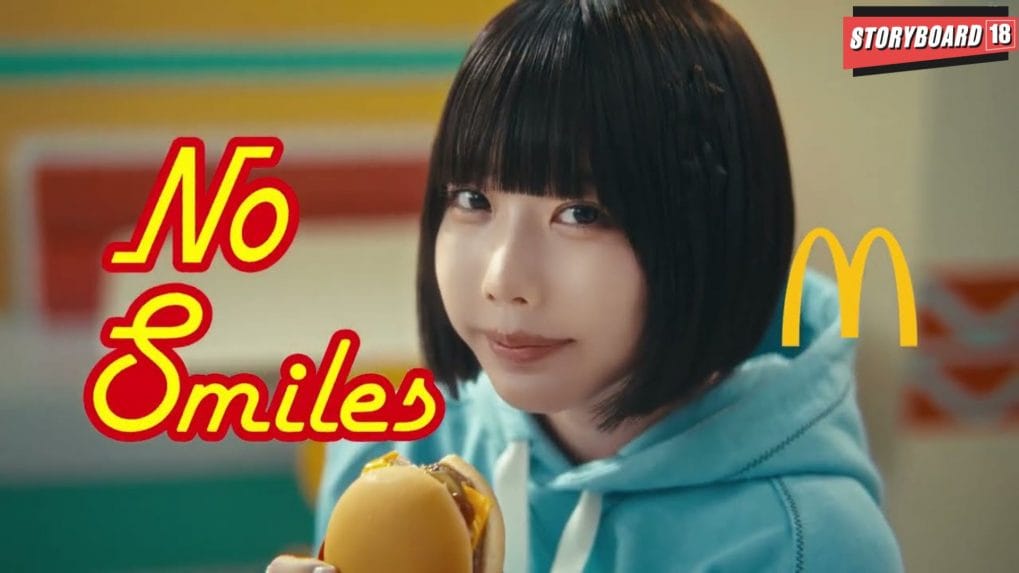Global Ads Spotlight: Here's how McDonald's Japan served real smiles - no cap
For decades, McDonald's Japan championed the iconic "zero yen smile." But a new campaign flipped the script, embracing authenticity over forced cheer. Read and watch in our Global Ads Spotlight column.
ADVERTISEMENT
Japan McDonald's had long been a titan of fast food: 3,000 outlets and 100 million visitors every month.
But beneath the surface of this mega-business lurked a growing problem. Gen Z - comprising 60% of the workforce - was burning out.
The "zero yen smile," a decades-old symbol of customer-first hospitality, was losing its appeal. Videos of prank orders forcing smiles flooded YouTube and TikTok, and the cultural pressure to always grin became a real barrier to joining the crew.
Also Read: Global Ads Spotlight: How Heinz scored big with Swift sauce moment
The campaign, cleverly titled "No Smiles", didn't just stop at music - it tapped into a broader cultural shift.
Japan, a nation known for its politeness, often blurred the line between genuine hospitality and relentless performative cheer.
McDonald's decided to flip the script: they rewrote hiring manuals, removed the obligation to smile, and invited Gen Z to work authentically, under the new motto "Work with your style."
To amplify the message, McDonald's enlisted Ano, a beloved non-smiling idol whose real-life experience of being fired for not smiling enough resonated deeply with young workers.
Her story became the lyrical backbone of a catchy, viral track created by music producer Kenmochi Hidefumi, optimized for TikTok, Instagram Stories, and YouTube.
McDonald's outlets doubled as live music venues, AR experiences popped up in-store, and the song spread like wildfire across pop culture channels rather than traditional advertising.
The results were staggering: over 36 million views across platforms, more than 100,000 new recruits, and a 130% increase in McDonald's brand favourability among Gen Zs. The once-sacrosanct word "smile" in employee manuals was officially retired after 50 years, replaced with policies embracing individuality and authentic expression.
Industry recognition followed suit.
The campaign racked up awards worldwide:
- Clio Awards (Silver and Bronze in Social Media and Audio)
- Clio Music Awards (Grand Prix, Gold)
- New York Festivals (Grand Award, three Golds, Bronze)
- Cannes Lions (Gold, Bronze)
McDonald’s Japan didn’t just change how it hired - it sparked a conversation about mental health, workplace authenticity, and Gen Z’s need for realness.
Also Read: Global Ads Spotlight: When Honest Eggs Co. used data to crack the free-range myth
Also Read: Global Ads Spotlight: How dogs became Lima's earthquake early warning system


